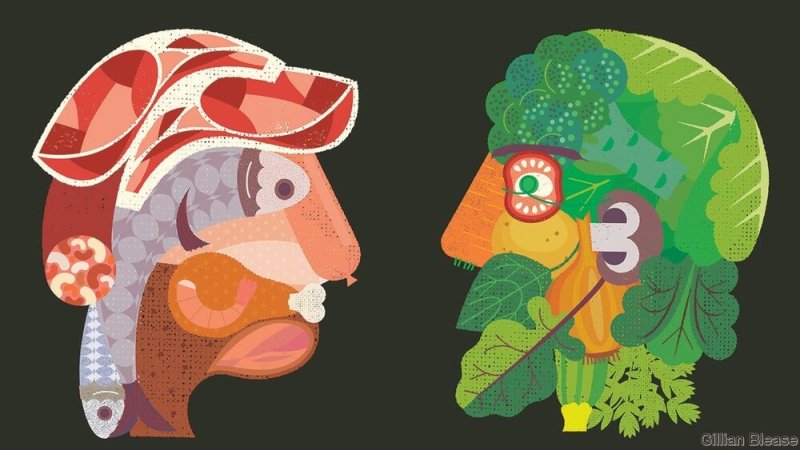The worldwide phase out of animal agriculture, combined with a global switch to a plant-based diet, would effectively halt the increase of atmospheric greenhouse gases for 30 years and give humanity more time to end its reliance on fossil fuels, according to a new study by scientists from Stanford University and the University of California, Berkeley.
Based on the model, published in the open-access journal PLoS Climate, phasing out animal agriculture over the next 15 years would have the same effect as a 68 percent reduction of carbon dioxide (CO2) emissions through the year 2100. This would provide 52 percent of the net emission reductions necessary to limit global warming to 2 degrees Celsius above preindustrial levels, which scientists say is the minimum threshold required to avert disastrous climate change.
The changes would stem, the authors say, from the spontaneous decay of the potent greenhouse gases methane and nitrous oxide, and the recovery of biomass in natural ecosystems on the more than 80 percent of humanity’s land footprint currently devoted to livestock.
[Editor’s note: The study’s authors include the CEO of Impossible foods and an advisor for the company, both stand to benefit financially from the reduction of animal agriculture.]






























